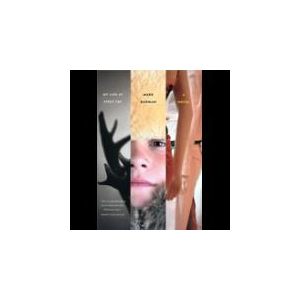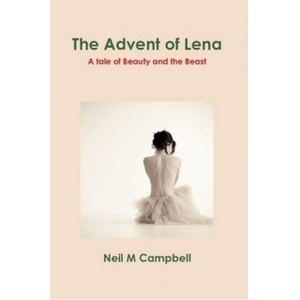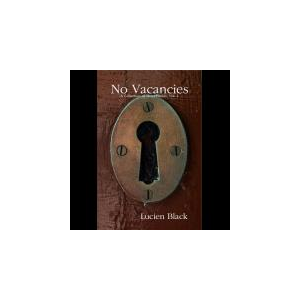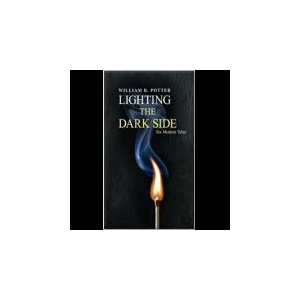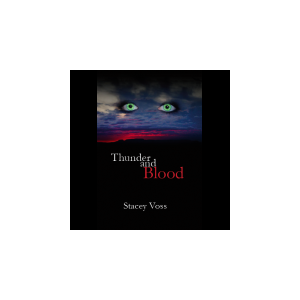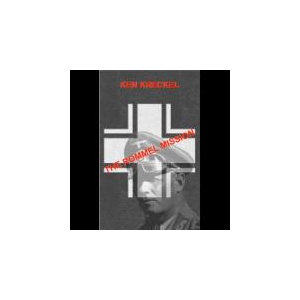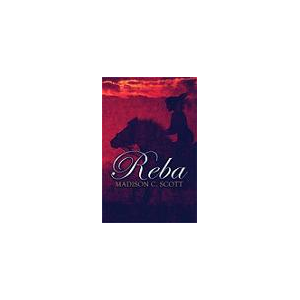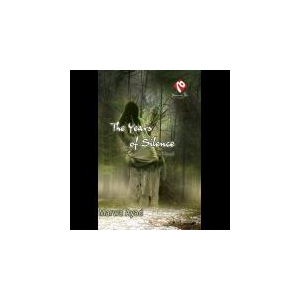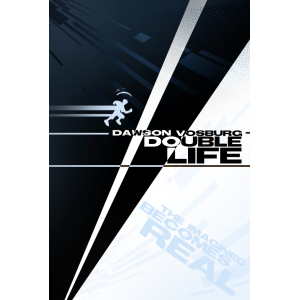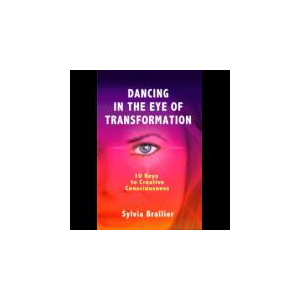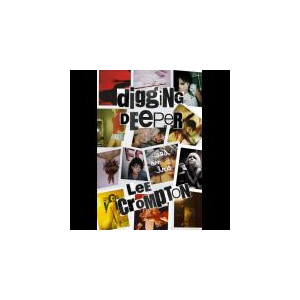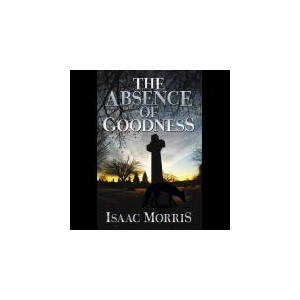The War is Language: 101 Short Works
This high-impact triptych of prose poetry and flash fiction probes identity in experience. Focusing on the impressions of a woman and a soldier as 21st-century Americans, the first and second sections of the book explore memory and dichotomy respectively. The book’s third section, letters to a fake advice columnist, is a sarcastic interaction with an absurd existential authority figure. As a whole, the book calls into question our post-post-modern establishment of anti-authority conformists.
The Story Behind This Book
There were many reasons to write this book, but one of the most vivid occurred amidst the Abu Ghraib prison scandal. I was reading the news and came across a picture of a female soldier seeming to gloat above torture victims. The starving, bloodied men piled at her feet were totally dehumanized: naked, hooded, likely sodomized or just back from the water board. The female soldier--a young woman, a girl really--was smiling. I looked at that photograph as long as I could. I thought, "How could a woman do that?" Men, maybe. But a woman? No. And then I thought back to my state of mind when I joined the Army in 1995. Rage. Aggression. Violence. Lack of respect for others. Self-loathing. You name it. Whatever bullet-point is on the back of a brochure in a psychologist's office, I qualified. But I never went to war. Thank God. And I do not think I would ever have done what the woman in the picture was so happy to do. What I did think was, "How could I reach that woman? What might I be able to say to stop her?"

